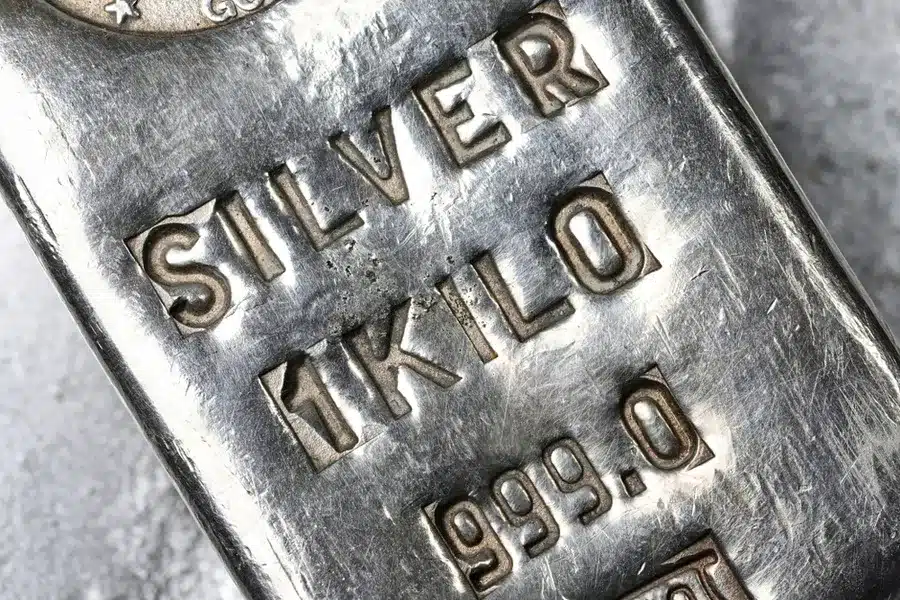If you’re looking for an easy way to save some money on your income taxes AND save for your future at the same time, you may want to consider investing in a tax-deferred retirement plan. These plans allow you to save money for retirement without paying any taxes on your contributions until you withdraw the money.
This can be a great way to reduce your taxable income and save for the future. Before investing in a retirement plan, it’s essential to understand what’s available and the differences to find the right option for you.

What is Tax-Deferred Retirement Account?
What is a tax deferred retirement plan? Tax-deferred retirement plans are qualified by the IRS and allow the taxpayer to contribute money to their savings account and subtract that amount from their taxable gross income for that year. The taxes on the contribution and its returns are only due when the money is taken out of the account. Generally, this will happen after the taxpayer retires.
There are several types of tax-deferred retirement savings plans, including traditional IRA’s, Roth IRA’s, and 401(k)s.
IRAs – Traditional and Roth
The most common type of tax-deferred retirement account is an Individual Retirement Account or IRA. The two most popular types of IRA are a traditional IRA and a Roth IRA.
A traditional IRA allows you to contribute money without paying any taxes on the contributions. The money in the account grows tax-deferred, and you only pay taxes when you withdraw the money at retirement.
A Roth IRA is similar, but the contributions are made with after-tax dollars. This means you do not get a tax deduction for the contributions, but you can withdraw the money at retirement tax-free.
In addition to traditional and Roth IRAs, there are also SEP IRAs, which are meant for small business owners and SIMPLE IRAs. In recent years, alternative IRA plans, such as crypto IRAs, have also become very popular.
401(k)
Another common type of tax-deferred retirement plan is a 401(k). Many employers offer a 401(k) retirement savings plan.
You can contribute money to the account from your paycheck, and the money grows tax-deferred. You do not pay taxes on the contributions until you withdraw the money at retirement.
There are some 401(k) limitations, such as contribution limits and income restrictions. However, they can still be a great way to save for retirement.’
Benefits Of A Tax-Deferred Savings Plan
The federal government designed tax-deferred savings plans to encourage Americans to save for retirement.
The initial benefit people see from investing in a retirement plan is the immediate tax offset. This means that the amount you contribute to your account is deducted from your income tax, which results in a lower tax bill.
In addition, the pre-tax money continues to accrue interest, increasing the total amount invested and its potential for long-term growth. You are only taxed on this investment as you withdraw funds from it. However, you can draw on your account as quickly or slowly as you’d like.
Reasons You Should Lean Toward Tax-Deferred Savings
While both taxable and tax-deferred retirement accounts have their pros and cons, there are several reasons why you might lean toward tax-deferred savings, such as:
- You don’t know what your tax rate will be in retirement. If you think there’s a chance your tax rate could be lower in retirement than it is now, it may make sense to go with the traditional IRA or 401(k). With these accounts, you’ll pay taxes on the withdrawals at your current (hopefully lower) tax rate.
- You need the deduction now. If you’re in a high tax bracket and need the deduction to help offset some of your other income, a traditional IRA or 401(k) may make more sense.
- You have a company match. If your employer offers a 401(k) match, you may want to contribute enough to get the whole match. This is free money that can help you reach your retirement savings goals.
- You’re young and in a low tax bracket. If you’re in a low tax bracket and expect to be in a higher one later in life, it may make sense to go with the Roth IRA. With this account, you’ll pay taxes on the contributions now, but the withdrawals will be tax-free later.
Additional Considerations for Tax-Deferred Retirement Plans
Understanding Early Withdrawal Penalties
With any tax-deferred retirement plan, it’s important to be aware of early withdrawal penalties.
If you take funds out of a traditional IRA or 401(k) before the age of 59½, you may face a 10% penalty on top of regular income tax. Some exceptions exist, but this can be a costly mistake if not planned properly.
Always check the rules associated with your IRA plans before making any early withdrawals.
Diversifying Investment Options
Tax-deferred retirement savings plans offer a wide range of investment options, including stocks, bonds, mutual funds, ETFs, and even crypto.
Understanding your risk tolerance and long-term goals can help you build a portfolio that balances growth with security. Your IRA custodian or financial advisor can help you explore the best assets for your account.
Managing Capital Gains Through Deferred Accounts
Another often-overlooked benefit of tax-deferred retirement plans is how they manage capital gains.
In a regular investment account, capital gains are taxed annually. But in a tax-deferred account, these gains grow without triggering a tax bill until you start taking distributions. This allows more of your earnings to stay invested and compound over time, enhancing your tax benefits.
Get Started Today with My Digital Money
If you’re looking to make a secure investment in your future, an IRA is one of the safest bets you can make. However, you have many more options than your traditional or Roth IRA these days.
My Digital Money is a leading crypto IRA platform where investors can buy and sell crypto in an IRA or trade in cash. A crypto IRA is a hedge against events like stock market crashes or depressions that traditional IRAs may not be immune to. You can also click here to learn more about what a crypto IRA is and why it’s beneficial.
If you’re interested in learning more about getting started with My Digital Money, contact us today to speak with one of our experienced team members.




